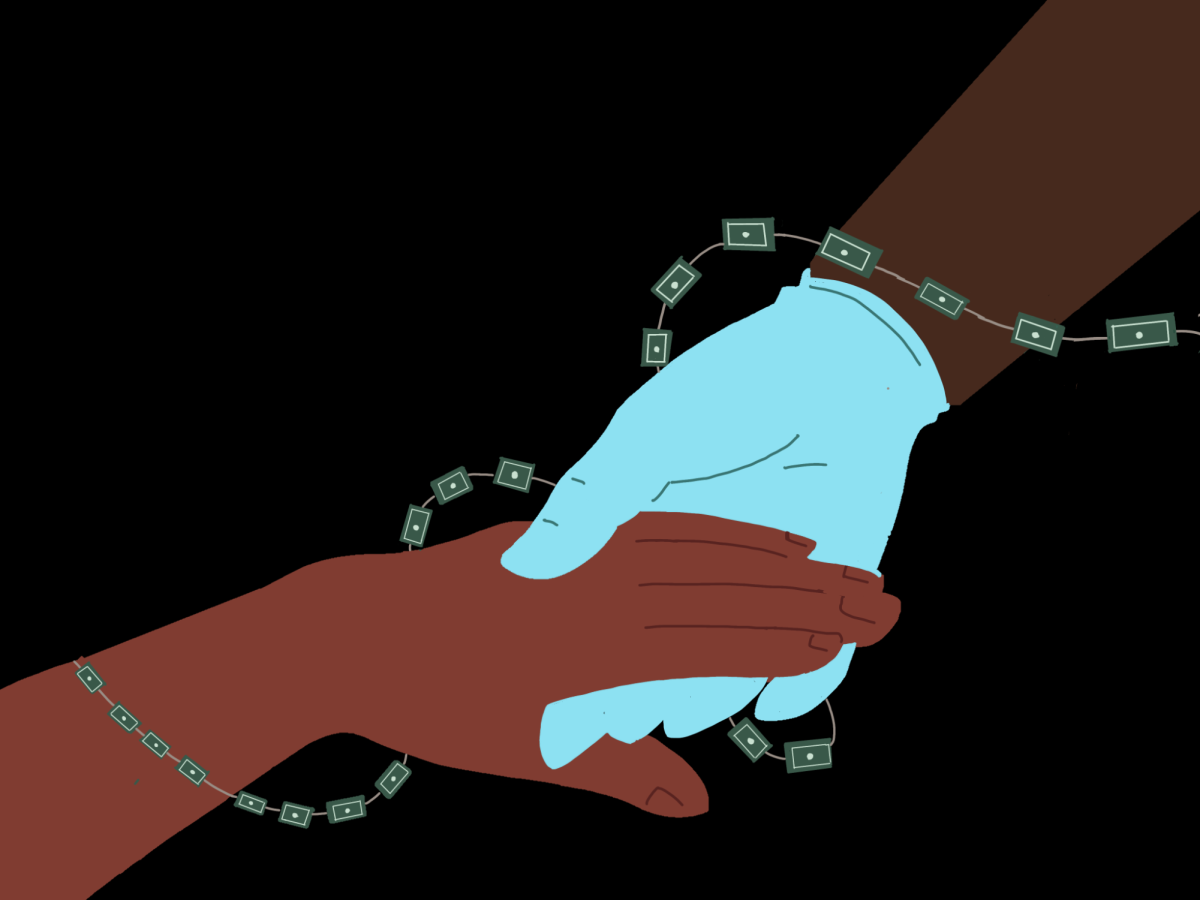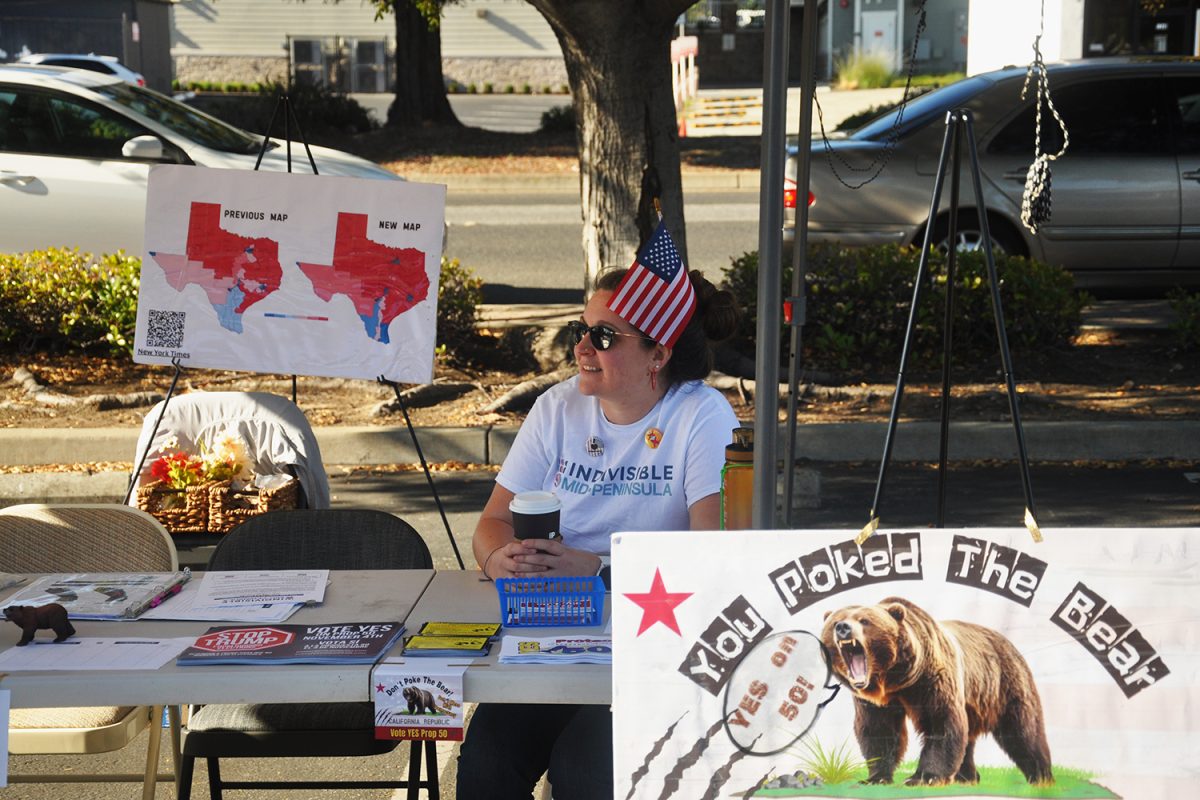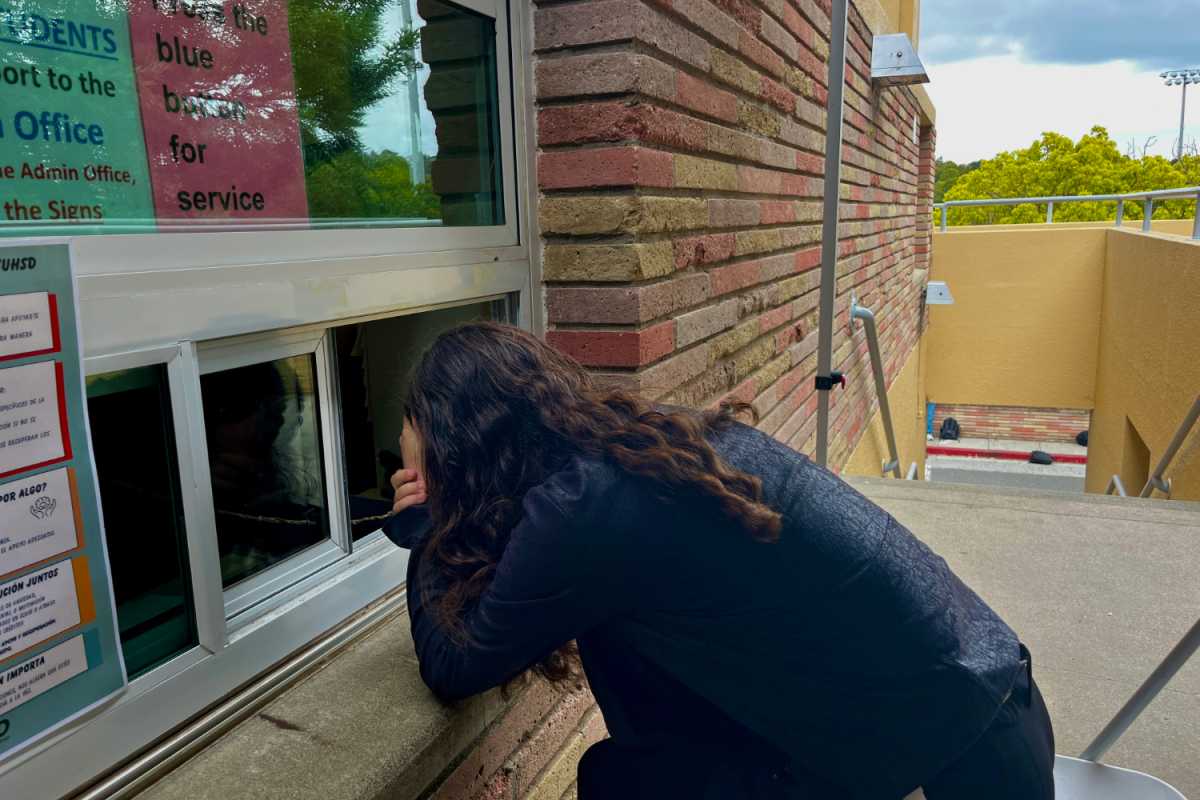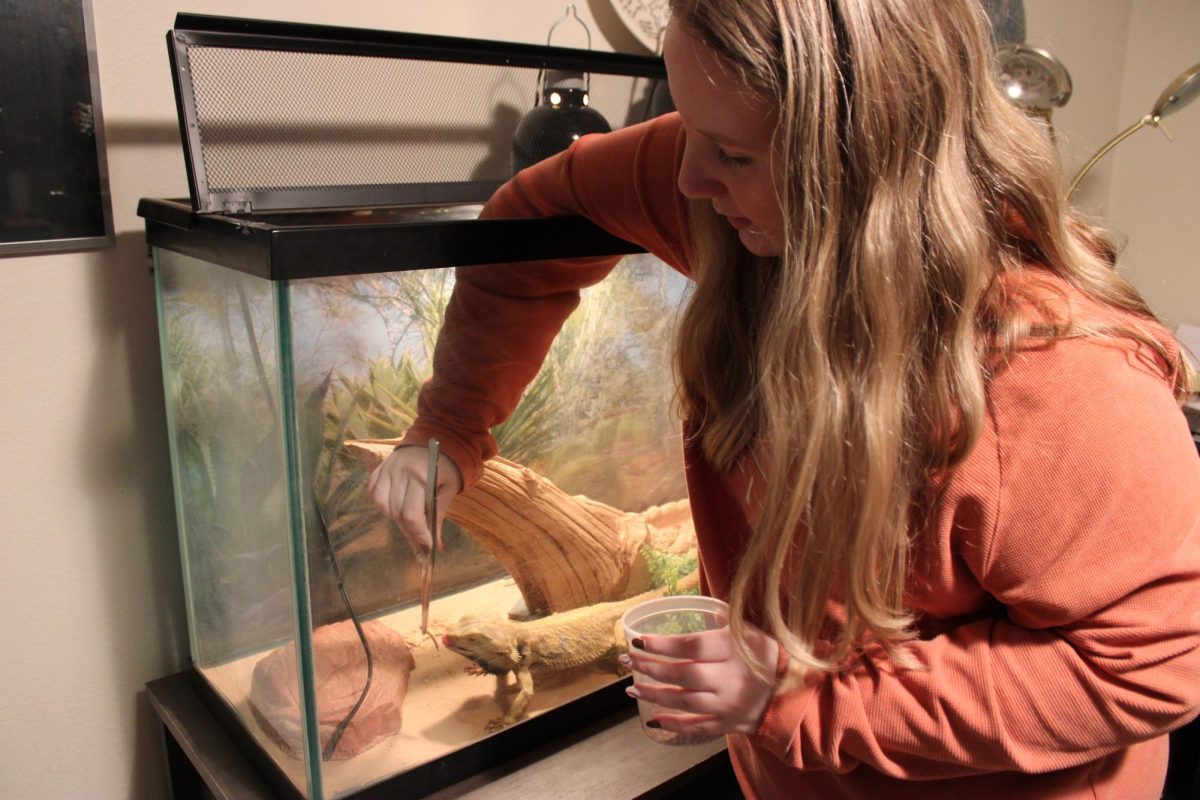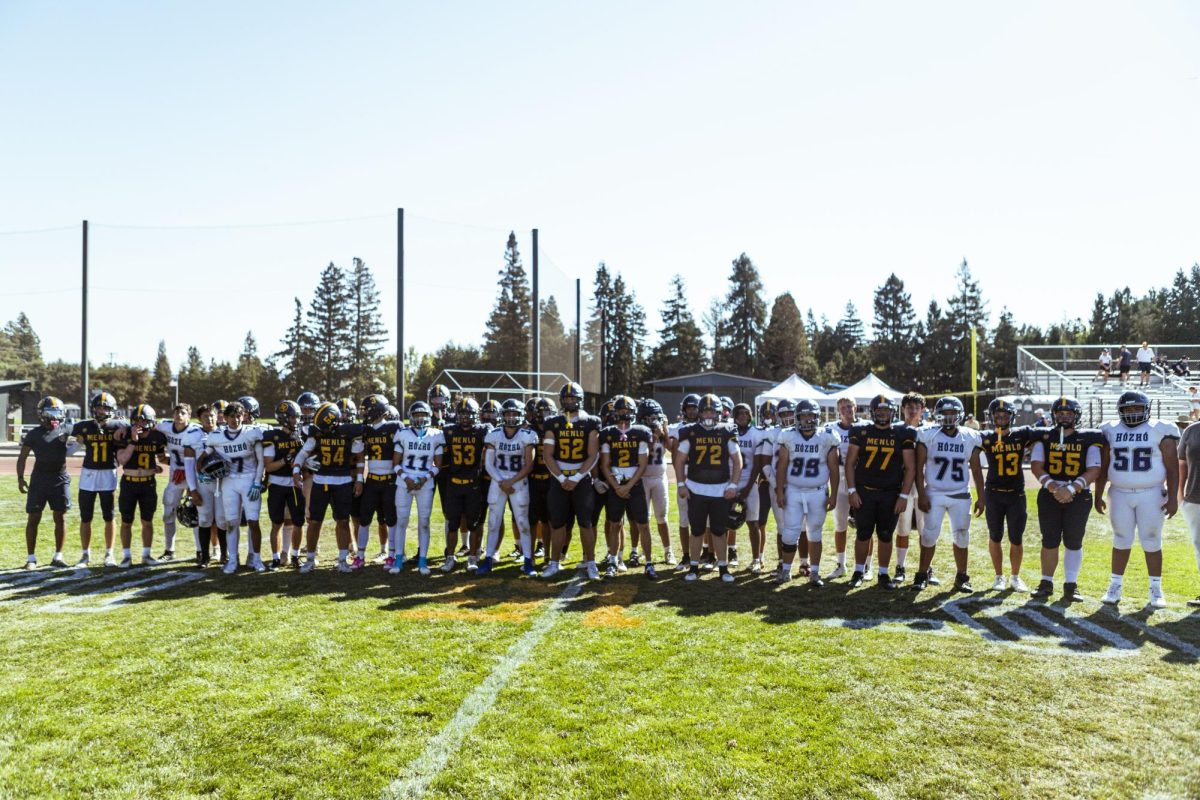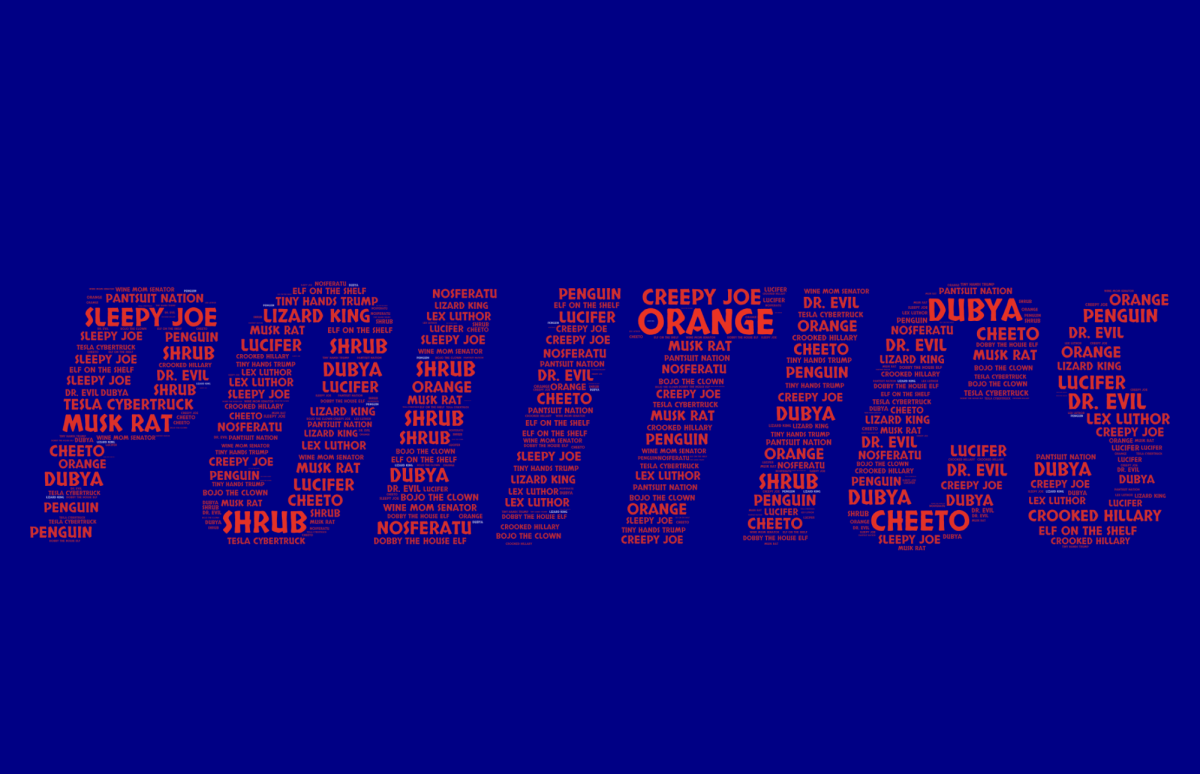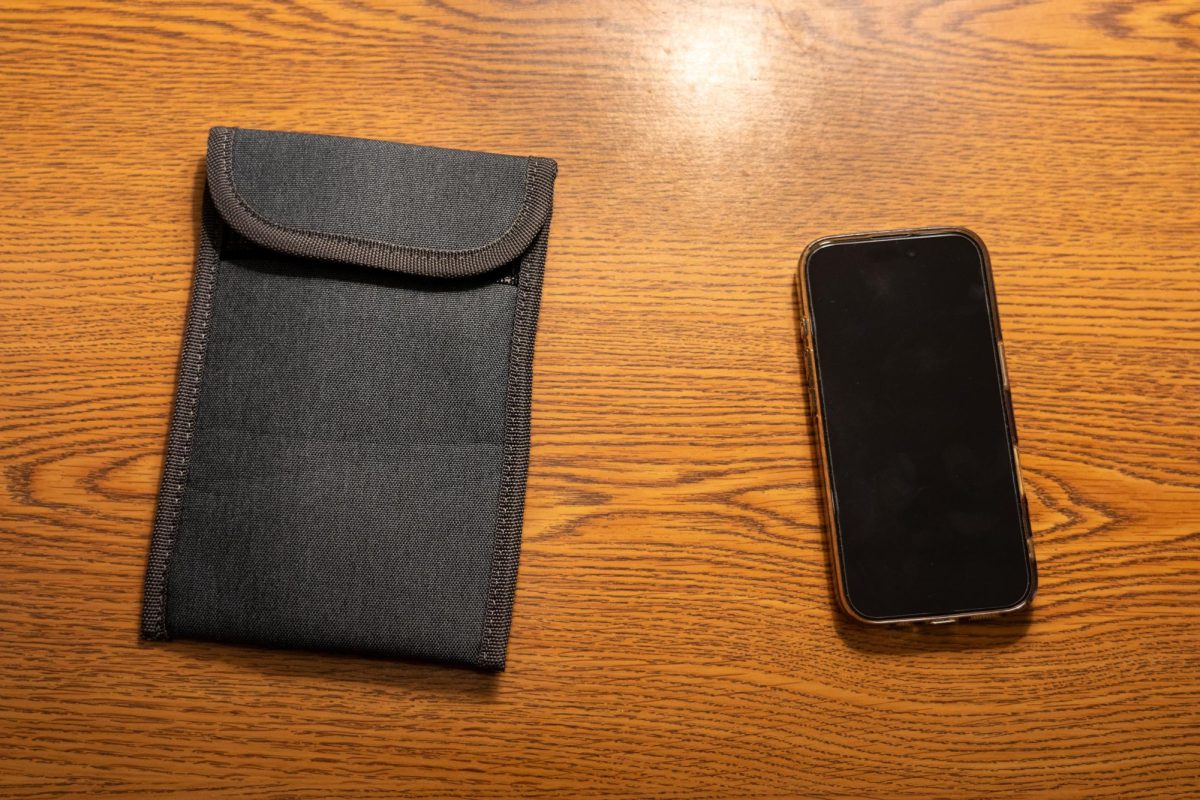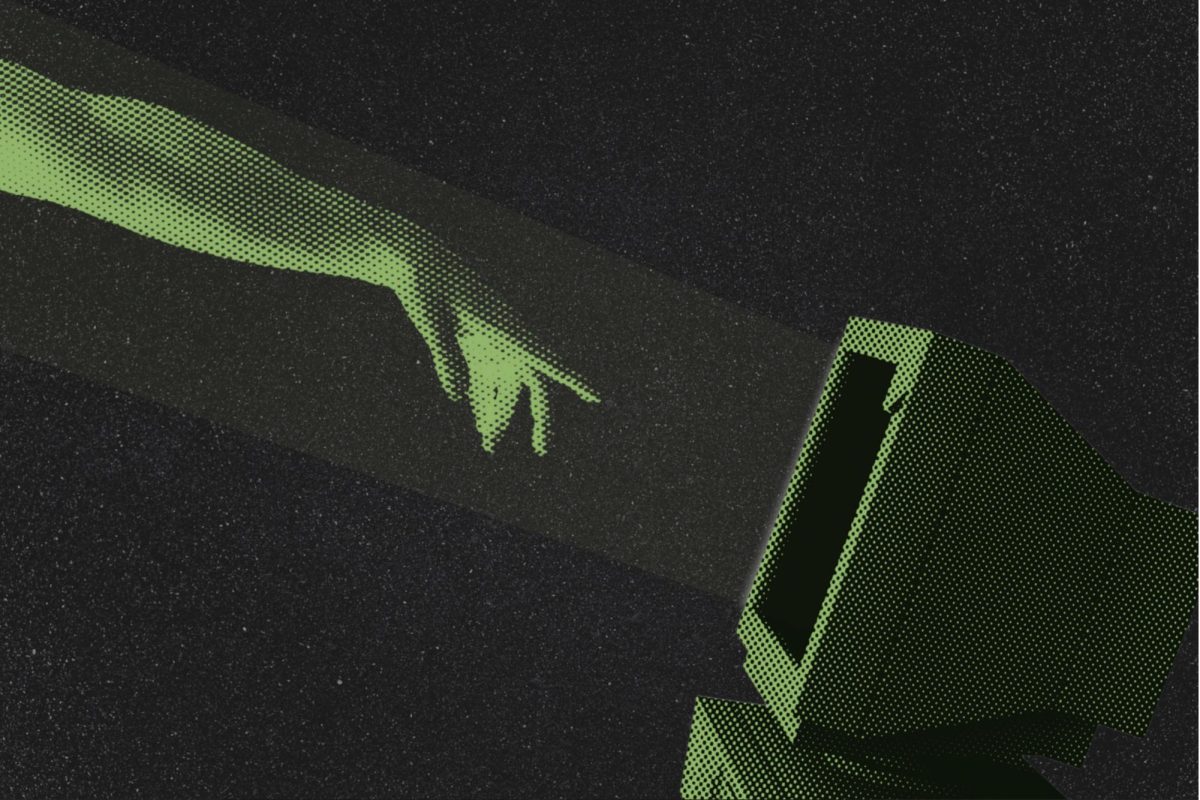He only had a math classroom, a few friends and some art supplies. Then it spread to other schools, becoming the international initiative known as Artflow. Just over a year later, James Jin (12) was face-to-face with the Russian Federation’s delegation to the United Nations (UN).
Managing his own ADHD gave Jin the idea to start a club dedicated to helping neurodivergent people express themselves through art. His idea initially did not receive much support; however, he was persistent, and eventually the organization spread beyond the walls of White Station High School.
“Starting something like Artflow, [it is] seeing a problem [and] trying to approach it,” Jin said. “Every Wednesday [we had to turn] Mrs. Cui’s math room into a [makeshift] art workshop … We’re [now] partnered with the entire Shelby County Schools as a community partnership.”
As Artflow grew to 214 schools, Jin decided to take his passion from a national to a global stage and attempt to present research to the UN. Jin collaborated with a UN nongovernmental organization (NGO) to submit a research proposal on rights for people with disabilities to one of the UN’s highest human rights bodies, the Committee of Economic, Social and Cultural Rights (CESCR). Acceptance by this committee is extremely competitive and is usually attempted by graduate students at top schools, such as Harvard Law.
“Once you submit [your research] and they think that your topic, for instance, complies with their mission or their strategies, they will accept you,” Jin said. “And I did not expect to get accepted. I just wanted it for practice doing research and whatnot. But if they accept you, [you get to] attend the actual meeting at the United Nations as an NGO representative.”
Jin’s research focused on key articles in the UN’s Universal Declaration of Human Rights (UDHR) applying to disabled and neurodivergent people in Russia, including the right to work (Article 6), the right to education (Article 13) and the right to health (Article 12). He hoped to improve conditions in a country where the special education standard is low and disabled people are four times more likely to die in natural disasters due to a lack of accessibility.
“Article 2 is just the … basis of it,” Jin said. “There shouldn’t be discrimination regardless of race, ethnicity, anything like that. And that is the fundamental argument of my issue. All these articles [Articles 6, 12 and 13] kind of branch. I kind of shaped them to all fit under Article 2 … which [states] no discrimination.”
In addition to attending five meetings of the 78th session of the United Nations, Jin participated in an informal briefing where 18 experts from around the world cited his research to confront the Russian delegation about the lack of inclusion for disabled people, which Jin hopes will have a real impact. Jin is the youngest person ever to attend a briefing of the CESCR.
“So [the international experts] used my research in confronting Russia, which was really cool,” Jin said. “And after the [UN] meeting [briefing], what happens sometimes is if countries find your information or your suggestions really useful for the country, they will invite you to … work with the government one-on-one to create more laws. So one of the things I did do was [from the] Russian delegation, one of their government officials, I got to grab their email afterwards because the one thing that they could not deny was that there is a lack of inclusion for [the] disabled population.”
Jin hopes that he will be able to collaborate with the Russian government in creating new laws to support the inclusion of their disabled population. Although such high-level work seems like an impossible task for a high school student, Jin believes that passion and dedication can help anyone make a big impact.
“And really anybody, if they put their mind to [it], literally anybody from White Station or from anywhere else around the world can do the exact same thing I did,” Jin said. “It’s really just about keep pushing [and] find[ing] every next step to do more of what you can do.”
This story was originally published on The Scroll on October 10, 2025.

